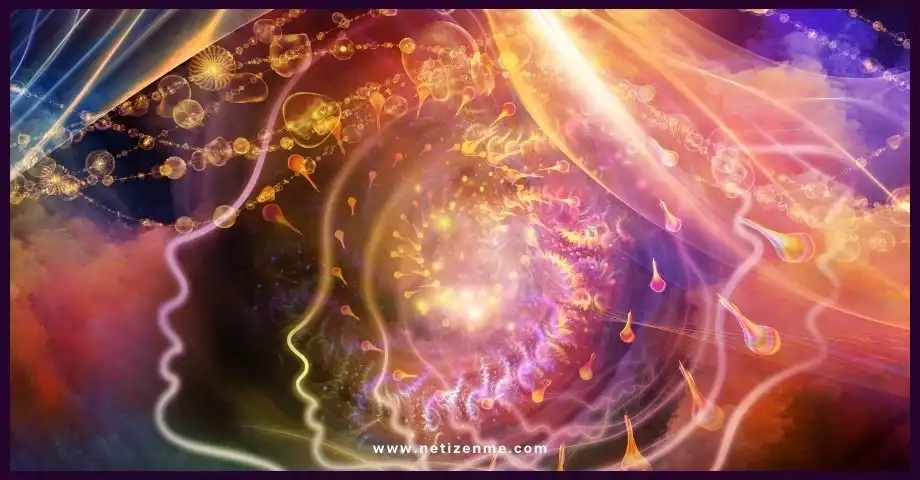The intricate workings of the human mind have long been a subject of fascination and exploration. Sigmund Freud’s groundbreaking theory of the relationship between Id Ego and Superego offers a profound understanding of the complexities that govern our thoughts, behaviors, and personalities. In this article, we delve into the relationships between these three fundamental components of the human psyche, deciphering their roles and interactions.
What are the relationships between the ID ego and superego?
Sigmund Freud classified mental functioning into three categories or “provinces,” namely the Id, Ego, and Superego.
The Id: The Rudimentary Urge
The Id, the most rudimentary of the three entities, represents our personality’s biological and instinctual core. It serves as a reservoir of fundamental urges prominently driven by libidinal desires, particularly of a sexual nature. The Id relentlessly pursues pleasure and gratification, guided by the pleasure principle.
In Freud’s conceptual framework, the emergence of the Ego is a transformative process. The Ego arises as a direct response to the external world’s influences on the individual. It operates as the “executive” of our psyche, striking a delicate balance between the Id’s impulsive desires and the pragmatic demands of reality.
The Ego: Balancing Act
The Ego is often likened to the “executive” of our personality, responsible for harmonizing the often conflicting impulses of the Id with the external world’s requirements. It is the epicenter of reason, logic, and common sense, equipped with an arsenal of defense mechanisms that serve as protective strategies.
These defense mechanisms come into play when the Ego faces unrealistic or socially unacceptable thoughts or desires. The Ego’s toolkit includes processes like repression, displacement, and sublimation, allowing it to manage these conflicting elements effectively.
The Superego: The Voice of Morality
Within the realm of the Ego, the Superego represents a distinctive aspect of our psychic structure. It embodies our “ideal self” and emerges from the Oedipal drama, a critical stage in psychosexual development. During this phase, the child internalizes their parents’ or caregivers’ authority and moral values.
While the Id seeks immediate pleasure and the Ego navigates the complex realm of reality, the Superego has a different agenda. It directs our mental faculties toward the pursuit of idealistic ideals and perfection. This component acts as the moral and ethical compass, imposing internalized values and societal norms.
A Buffer Between Id and Superego
The Ego is, in essence, the largest and most active part of our personality. It is deeply involved in thinking, decision-making, and everyday problem-solving. This is where things become intricate because the Ego is tasked with acting as a buffer between the id’s unrestrained impulses and the Superego’s stringent moral dictates.
In simpler terms, you can think of the Superego as your intuition on steroids. It incorporates the values and moral principles acquired from society and family, serving as the internalized guide for right and wrong.
Maladjusted Ego
The most remarkable parallel one can think of is a parent who is so obsessed with excellence for their child that even the most logical external circumstance resulting in anything less than perfection would be an acceptable explanation. If a person’s conduct were constantly too Id-like or Superego-like, Freud would have described the individual as having a mental disease caused by a maladjusted Ego.
The hypothesis has mostly been rejected since there was no meaningful proof to back up his statements, which sometimes appear relatively credible. Nevertheless, some still believe in the premise (Lapsley & Stey, 2011). Regardless of how much of the concept has been reduced to nonsense, he developed the long-standing concept of unconsciousness.
Why is the ego a balance between the ID and superego?
The relationships between the Id, Ego, and Superego form the foundation of our psychological existence. These entities collaboratively govern our desires, thoughts, and actions, shaping our personalities and the choices we make.
In the intricate dance of the psyche, the Id ceaselessly craves pleasure, the Ego maintains equilibrium, and the Superego upholds moral standards. Understanding this interplay provides insights into the human mind and fosters self-awareness and personal growth.
The Id, Ego, and Superego are not merely theoretical constructs but dynamic forces that mold our individuality. Embracing this knowledge empowers us to navigate the labyrinth of our own minds and embark on a journey of self-discovery, leading to a deeper understanding of our true selves.
Check the following reference articles to learn more about the relationship between Freud’s concepts of the Id, Ego, and Superego.
Freud, A. (1952). The mutual influences in the development of ego and id: Introduction to the discussion. The psychoanalytic study of the child, 7(1), 42-50.
This article is written by:
Our professional writers and editors are passionate about sharing high-quality information and insights with our audience. We conduct diligent research, maintain fact-checking protocols, and prioritize accuracy and integrity to the best of our capacity.
You can cite our articles under the author name "Netizenme"





